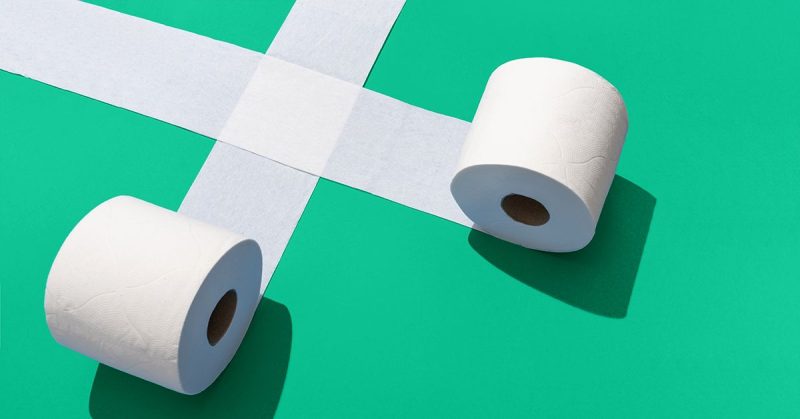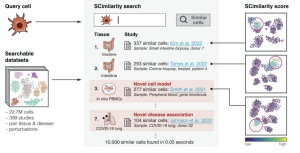What Does Dark Green Poop Mean? Causes and When to See a Doctor

Wondering what does dark green poop mean? It might be due to diet, medications, or rapid digestion. Learn about the causes, when to worry, and when to see a doctor. Discover more about your stool color and health now.
Bum nuggets typically sport a classic brown, so glancing back into the loo and spying on greenish-colored poop can throw you for a loop.
Most of the time, green poop reflects a leafy diet or your body’s unique way of breaking things down. But if the green becomes a recurring (fecal) matter, it might be something else.
Continue reading to learn more about poop color, its meaning, and when it’s time to make an appointment with a healthcare provider.
Spotting green or another unexpected color in the toilet can be startling, but it’s more common than you might think. From dietary influences to your body’s digestion speed, several factors can change poop from earthy tones to other shades. Let’s check some out.
High chlorophyll intake
Are you chowing down on lots of green leafy veggies like spinach, kale, or broccoli? These foods are high in chlorophyll, which can dye your doodles green. Chlorophyll doesn’t always break down entirely before reaching your intestines, meaning it passes through your system and colors your stool green.
Food coloring and additives
Have you ever had a St. Paddy’s Day-themed milkshake or a brightly colored cake? Artificial colors in foods and drinks can change poop from brown to green. It’s not magic! It’s just the dye in green food passing through your gut unchanged.
Faster transit time
When your digestive system processes food too rapidly, it doesn’t allow for the full breakdown of bile, a yellow-green fluid that aids digestion. This often results in a greenish stool, especially during fast-moving episodes of diarrhea.
Antibiotics
Have you recently been taking antibiotics? These meds can reset your gut’s bacterial crew. Since these tiny critters play a big part in the shade of your stool, introducing antibiotics might cause green poop sometimes.
Medical issues
If you’ve had certain medical treatments, it can affect digestion and cause bright green poop. One example is graft-versus-host disease, which may occur with bone marrow transplants. This tricky condition can bring about less-than-welcome guests, like diarrhea and green stool. It’s a clear signal from your body that things are out of sync.
Some uninvited microscopic guests like Salmonella bacteria, the water-loving mini parasite Giardia, and norovirus can also be a reason for your poop turning green. These critters can hustle your digestion at an unnaturally quick pace, turning your stool green as they disrupt your gut’s usual rhythm.
Babies can surprise you with a whole crayon box of poop colors, and green is definitely in the mix.
For infants, green stool might stem from the same factors as adults, like dietary changes. This includes adjustments when they start eating solids or changes in a parent’s diet if chestfeeding.
Another harmless cause could be ingesting a small amount of amniotic fluid in the womb. So, if you notice your little one sporting some spring grass-colored diapers, it’s usually no biggie.
What does dark green stool mean?
Dark green poop can result from eating lots of leafy greens or foods with green coloring. However, it can also indicate that food travels quickly through the digestive system.
Does dark green poop mean liver problems?
While liver issues can change stool color, they usually turn it pale or dark, not green. If you’re worried about liver health, look for pale or clay-colored stools instead.
Why is my poop dark green, and I haven’t eaten anything green?
If you haven’t been on a kale-eating spree, dark green poop might be from iron supplements or constipation remedies, which can also give poop a greenish tint.
What does it mean when your poop is dark?
Dark poop could be a sign of your diet or medications. However, if it’s black and tar-like, it might mean bleeding in your upper gastrointestinal tract. In that case, chatting with a healthcare professional is a must.








